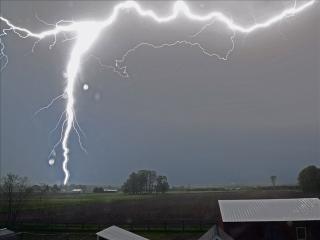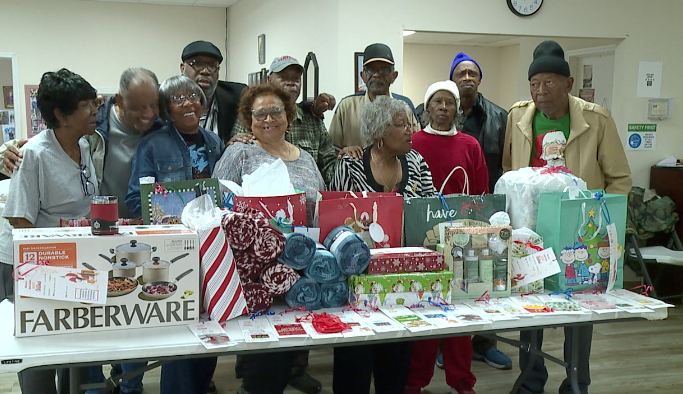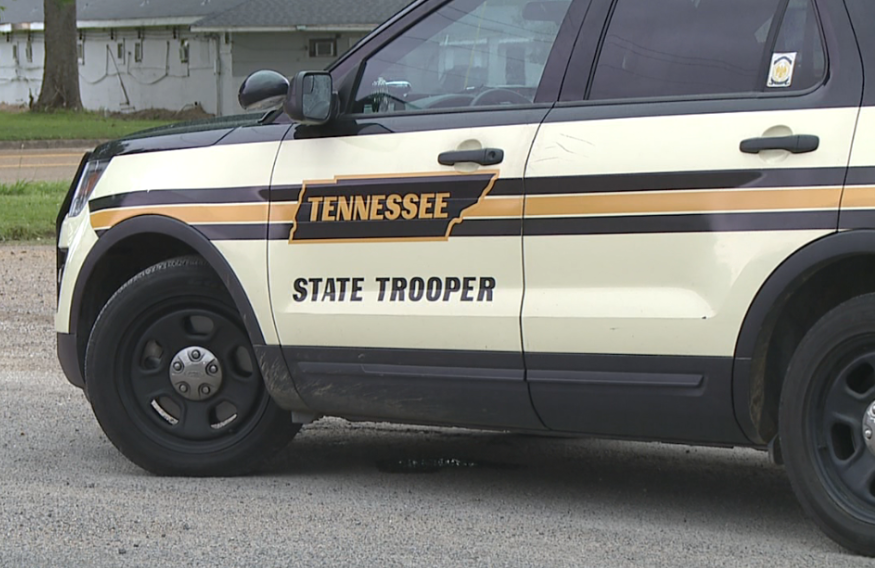Severe Weather Edition: Mythbusters

JACKSON, Tenn. — Across West Tennessee, weather can change from calm to chaotic in a matter of minutes. We often get asked about weather safety and how to prepare for these rapidly changing events. Some of the questions asked are most often related to weather myths. For instance, is your bathroom the safest place to wait out a tornado? That’s not entirely a myth. Ultimately, the very safest place is going to be on the lowest floor of your home and in a room that puts as many walls between you and the outside as possible. Bathrooms are among the best places to take shelter during severe weather. They’re often built in the innermost part of a building and typically don’t have windows. So this myth isn’t always true, but for the purposes of how many homes are built, we will say that this myth is plausible. Moving on to myth number two. Is it safe to take a shower, bath, or swim in a pool during a thunderstorm? Being that water is a conductor of electricity, we can understand why there would be some concern with being in a shower, bathtub, or pool during a thunderstorm. The energy from one lightning flash could light a 100-watt light bulb for more than 3 months! It’s unsafe to be outside anywhere during a thunderstorm so being in outdoor pools or showers certainly puts you at risk for being struck. When indoors, you’re in the safest spot you can be to avoid being hit by lightning but it’s still recommended that you avoid taking a shower or bath. Lightning striking near your home could find its way to your water pipes especially if they’re made of copper. This would still put you at risk for injury, so this myth is confirmed. On to myth number three. Is it safe to take shelter under an overpass during a tornado? Some say yes because the tornado is going to go over the overpass and you’re going to be safe under the underpass which does not move. Movies and television have often pushed for overpasses to be a safe place to hide out during a tornado. This is complete fiction! The already high winds that occur with tornadoes are only faster in tighter spaces, like an overpass. Debris is often sent under these structures causing injuries to those who thought they were safe. In fact, you’re better protected in a ditch along the highway than under the overpass itself. This myth is a bust! We hope that you will remember these severe weather safety tips and that we cracked the case on any of the myths you may have encountered. If you have any questions or would like more information on severe weather myths feel free to contact the VIPIR 7 Storm Team on our social media pages or go to the homepage at www.wbbjtv.com.












